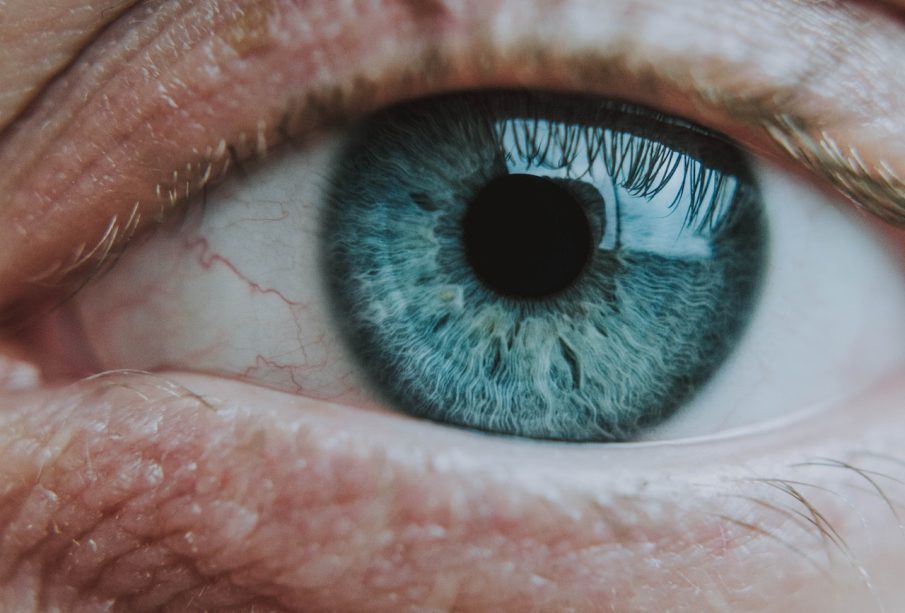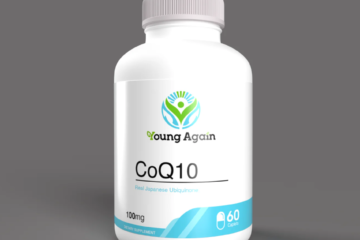Can Eyes Change Color With Age

Introduction
Have you ever noticed that your eye color seems to change slightly over time? It’s a totally normal phenomenon and, oddly enough, one that has been studied in great detail by scientists. While we have long known that babies are born with different colored eyes due to genetic influences, it is only recently that researchers have begun to learn more about why so many adults experience changes in the color of their eyes as they age. In this article, we’ll discuss the phenomena of eye color changing with age and what you can do to prevent it.
What Causes Eyes to Change Color?
There are several reasons why eyes may change color with age. One reason is that the iris, the colored part of the eye, may become thinner as a person ages. This can cause the color of the iris to appear more transparent and allow more of the underlying white portion of the eye (the sclera) to show through. Additionally, small deposits of fat or other substances may accumulate in the iris over time, changing its color.
Other factors that can affect eye color include disease, injury, medications, and contact lenses. Diseases that can cause changes in eye color include Fuchs’ dystrophy, Horner’s syndrome, and Warrensburg’s syndrome. Injury to the eye or surrounding area can also alter eye color. Medications such as steroids and certain antibiotics can sometimes cause eyes to appear darker or lighter than usual. And finally, contact lenses may temporarily change the appearance of eye color by altering the way light is refracted through the pupil.
Read More : Sanpaku Eyes
Is It Possible for Eyes to Change Color With Age?
The simple answer is yes, your eyes can change color with age. However, this usually happens slowly and relatively subtly. For example, if you have blue eyes as a baby, they might change to a light green in childhood. And then as you enter adulthood, your eyes might become more amber or brown.
There are several factors that can contribute to this gradual change in eye color. One is simply the aging process itself. As we get older, our bodies produce less melanin, the pigment that gives our skin and hair its color. Less melanin also means less color for our eyes.
Eye color can also be affected by certain medical conditions or medications. For example, some diseases like albinism can reduce the amount of melanin in the eyes, leading to a lighter eye color. And certain medications like steroids can also cause changes in eye color.
So if you’re wondering whether your eyes might change color with age, the answer is yes – but it’s usually a slow and subtle process.
How Does Eye Color Change With Age?
The answer to this question is a bit complicated. While it is true that some people’s eyes can change color as they age, it is not necessarily a common occurrence. There are a few different factors that can affect whether or not someone’s eye color will change as they age.
One factor is the production of melanin. Melanin is a pigment that gives color to the skin and hair. As we age, our bodies produce less melanin, which can cause our eyes to appear lighter in color.
Another factor that can influence eye color change is PubMed Central® (PMC). PMC is a free full-text archive of biomedical and life sciences journal literature at the U.S. National Institutes of Health’s National Library of Medicine (NIH/NLM).
If you have any questions about whether or not your eye color could change with age, it’s best to ask your doctor or an eye specialist.
Read More : Sanpaku Eyes
Are There Any Risks Associated With Changing Eye Color?
There are a few risks associated with changing your eye color. The most common risk is developing an allergic reaction to the eye drops used during the procedure. This can cause redness, itchiness, and swelling of the eyes. If you experience any of these symptoms, discontinue use of the eye drops and seek medical help. Another risk is developing an infection at the site of the eye drop insertion. This can cause redness, pain, and discharge from the eyes. If you experience any of these symptoms, seek medical help immediately. Finally, there is a small risk of damaging the iris (the colored part of the eye) when inserting the eye drops. This could cause vision problems or permanently change the color of your eyes.
There are a few risks associated with changing your eye color. The most common is allergic reaction. This can cause redness, swelling, and itchiness. If you experience any of these symptoms, discontinue use and consult your doctor. Another risk is infection. Be sure to clean your hands thoroughly before using any eye product and follow the directions carefully to avoid this. Lastly, over-use of eye products can lead to irritation and dryness. Again, if you experience any discomfort, discontinue use and consult your doctor.
Conclusion
In conclusion, our eyes can change color with age due to a variety of factors. It is important to note that this happens naturally and is not something we can control or prevent. We should be aware of the potential changes in eye color over time as they may indicate underlying health issues or other vision problems that require medical attention. With proper care and regular checkups, you can help ensure your eyes remain healthy and vibrant for years to come!










